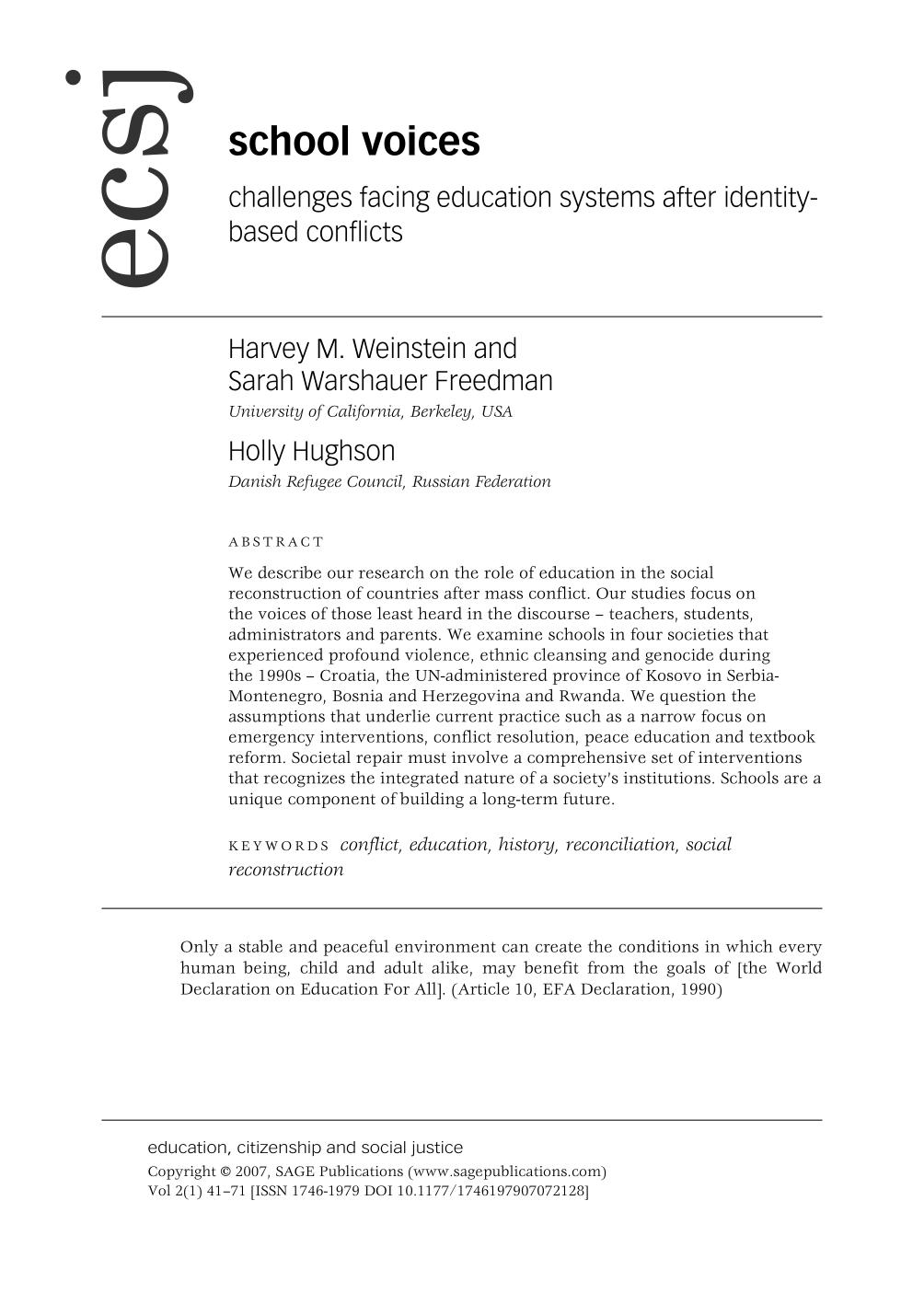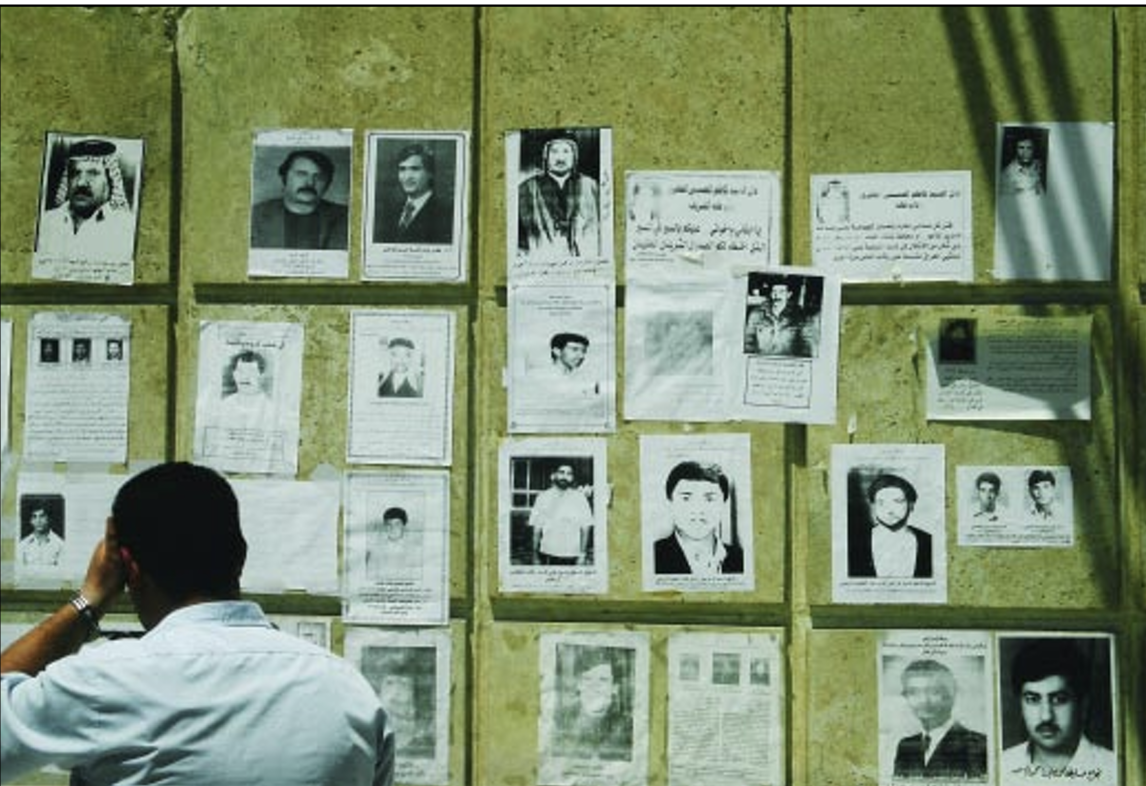School Voices: Challenges Facing Education Systems after Identity-Based Conflicts
Download ReportPublication Date
March 1, 2007
Publication Type
Journal Article
Topic(s)
Conflict
Summary
We describe our research on the role of education in the social reconstruction of countries after mass conflict. Our studies focus on the voices of those least heard in the discourse–teachers, students, administrators and parents. We examine schools in four societies that experienced profound violence, ethnic cleansing and genocide during the 1990s–Croatia, the UN-administered province of Kosovo in Serbia-Montenegro, Bosnia and Herzegovina and Rwanda. We question the assumptions that underlie current practice such as a narrow focus on emergency interventions, conflict resolution, peace education and textbook reform. Societal repair must involve a comprehensive set of interventions that recognizes the integrated nature of a society’s institutions. Schools are a unique component of building a long-term future.

